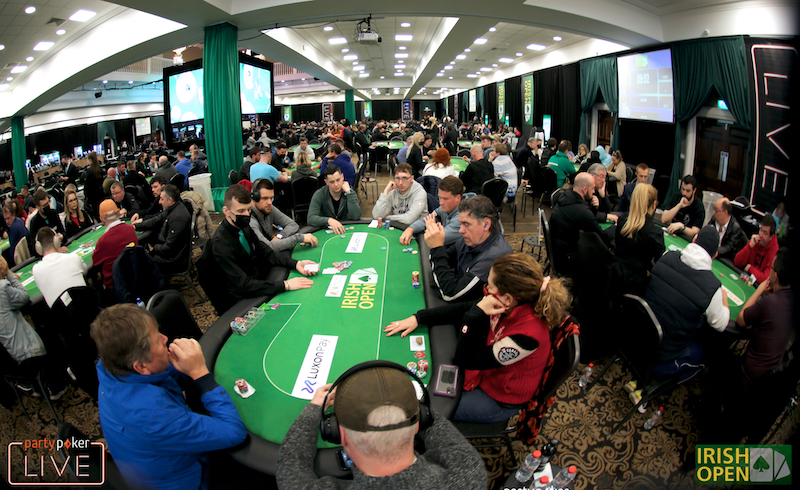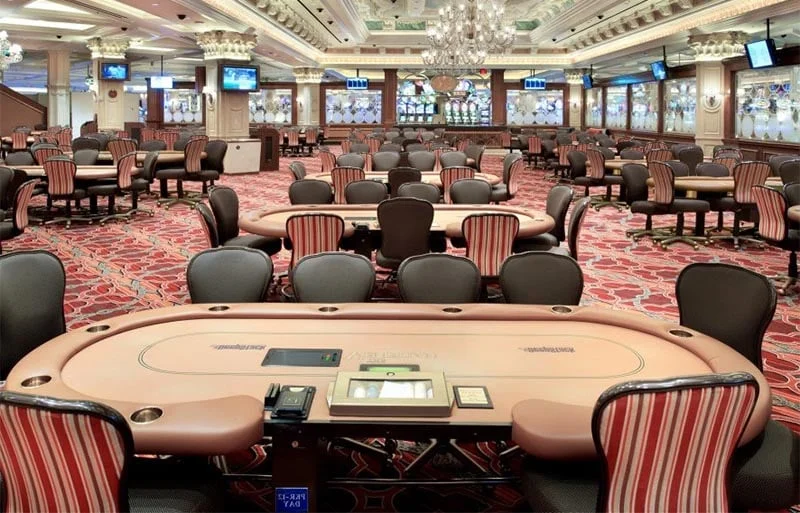
Poker player Paul Phua’s dramatic court evidence in the alleged illegal Caesars sports betting case took another twist this week. Documents submitted to the court revealed that Phua’s luxury rented villa at the casino was not being used as a wire room to process illegal World Cup wagers, as was previously alleged by investigators.
The Malaysian high-stakes poker player and businessman, whose real name is Wei Seng Phua, was arrested in June, along with seven men and one woman. The group is separately accused of running the gambling ring out of three luxury suites at Caesars Palace on the Las Vegas Strip.
However, the documents submitted by Phua’s defense team includes evidence that only one villa, Villa 8888, was being used as a wire room, and that villa was registered to Hui Tang, one of the men arrested and now out on bail.
While all three villas were using the special high-speed Internet connections that initially aroused suspicion at from Caesars’ engineering staff, only Villa 8888 was using it in the manner described by investigators. At the other two villas, which were registered to Phua and Asian poker player and businessman Richard Yong, it was being used only for occasional Internet usage and to watch World Cup games.
Nineteen Keys Issued to Villas
The news comes just a week after the defense team motioned to have evidence in the case withdrawn, saying it had been gathered illegally by the FBI. Defense counsel claims that the agency acted improperly by first turning off the Internet to the suites and then posing as Caesars repair technicians in order to get access to the semi-private villas, thus ignoring “rights to privacy” laws that require searches to be conducted with the consent of the suspects, unless a search warrant is obtained prior.
It also appears that, while only eight people were arrested, many more were known to be visiting the villas during the period when the alleged illegal activity was taking place. Caesars investigators discovered from the key records that 19 separate keys had been issued.
$93 Million Credit Line
It has also emerged in court this week that Caesars had issued $93 million in credit to the high-rollers and their retinue during their stay, which had been distributed to 27 different members of the group. The defense alleges that it was suspicion about the sharing of this credit that caused the other villas to be searched. Yong had wired almost $5 million to Caesars as front money before his arrival, and provided $4 million in certified Bank of Macau checks, court records said.
Phua and Yong stand accused of being the masterminds behind a gambling ring that processed approximately $300 million in sports bets during the groups’ stay in Las Vegas. Immediately following the Caesars’ arrests, many of the high-stakes poker community came to the aid of Phua, whose $2 million bail was posted by Phil Ivey and Andrew Robl.


